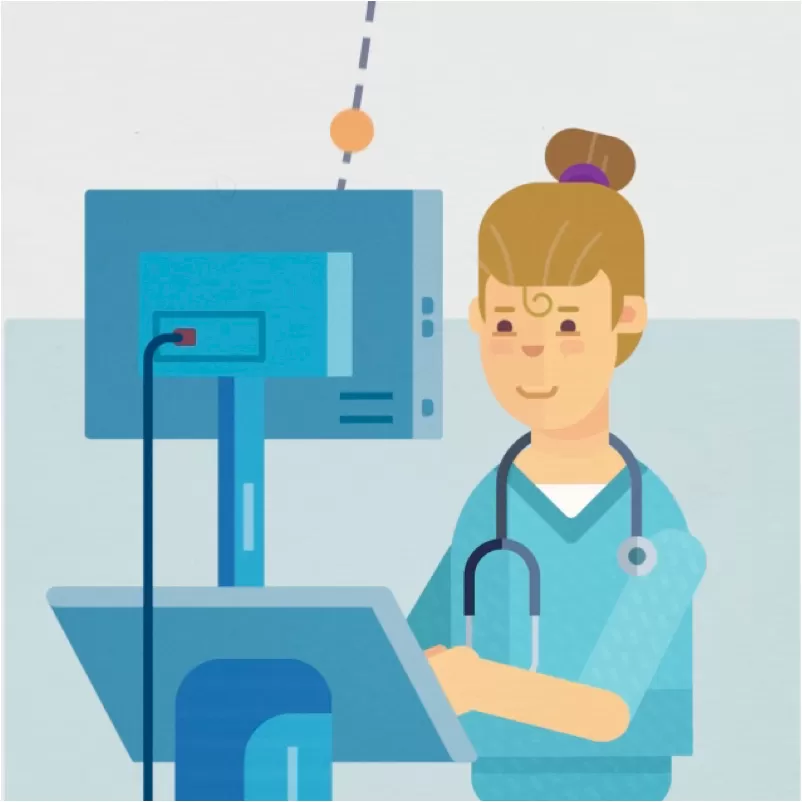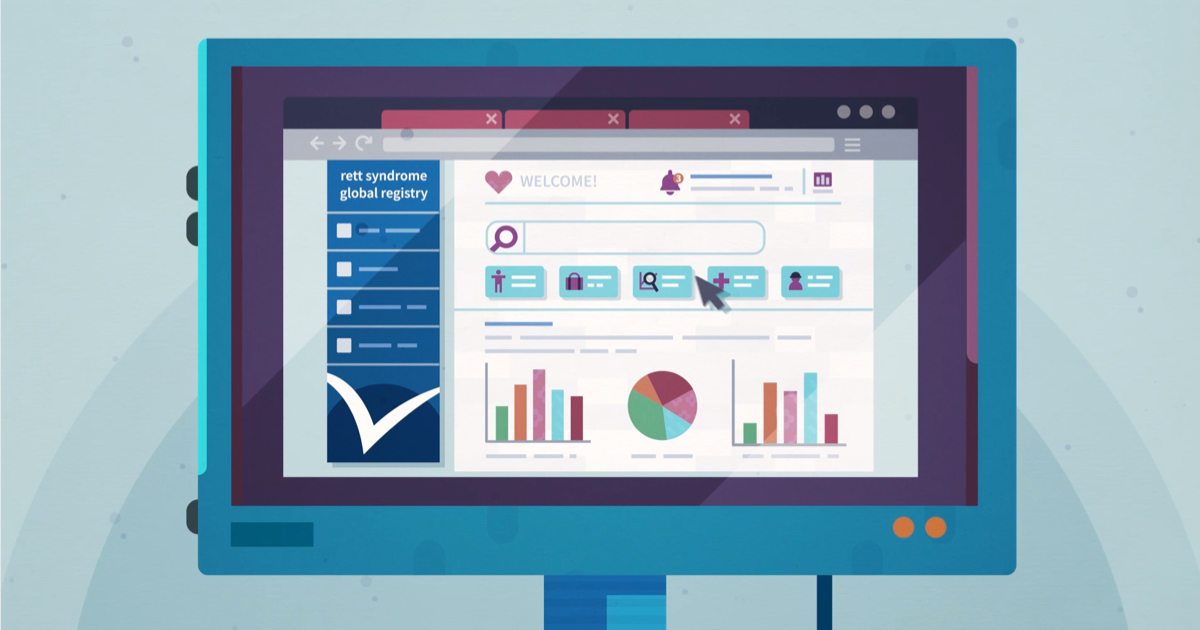The Rett Syndrome Global Registry is a powerful way for you to advance a cure. The information you possess about your child is priceless. Put that information to work and help your child and the entire Rett community.

Power in Numbers
Your child is a hero — you already know this. But did you know their story holds the power to change the future? Sharing their health journey in the Global Registry can unlock answers that empower breakthrough science, prompt biopharma into action, and yes, even fast-track cures. Registering takes minutes, and it's easy—we swear!
Frequently Asked Questions

The Global Registry is for anyone diagnosed with Rett syndrome or anyone with an MECP2 mutation. Parents or caregivers worldwide can register. However, it is not for those without a diagnosis or those with MECP2 Duplication syndrome.

Your experience is a valuable resource that can help other families, as well as clinicians, researchers, and biopharma companies. Your information can collectively drive the development of more powerful symptom management techniques and tools, answer research questions, provide insights to create outcome measure tools, and improve clinical trials to be more effective and efficient.

Your loved one’s data will be coded with a unique identifier. Identifying information is kept confidential and only coded data is shared. A highly secure data storage system that meets national and international regulatory requirements for conducting clinical trials, including HIPAA, GDPR, PHIPA, and others, is used. Extra steps have also been taken to further protect your privacy.
RSRT hired a company, Avertium, to conduct an evaluation and assessment of the Registry's compliance with data security standards. Click the link below to read their positive assessment.
Registry Development Team
Support Committees

Parent Committee
Assembled from 15 parents, this committee contributed invaluable information and feedback to ensure the registry would meet the needs and expectations of the families using it.

Advocacy Groups
We sought the advice from other NPOs to learn from their registry experience. Cystic Fibrosis Foundation, Friedreich’s Ataxia Research Alliance, Foundation for Angelman Syndrome, Loulou Foundation, and the Michael J Fox Foundation just to name a few.

Biopharma Committee
Formed to ensure the Global Registry could help bolster and expedite clinical trials, it defined how registry data summaries should be presented to best aid planning and support regulatory interactions with the FDA.











